


Books in series

The Dignity Jurisprudence of the Constitutional Court of South Africa
Cases and Materials, Volumes I & II
2013

uBuntu and the Law
African Ideals and Postapartheid Jurisprudence
2011

Sanctuary and Crime in the Middle Ages, 400–1500
2011

Symbolic Forms for a New Humanity
Cultural and Racial Reconfigurations of Critical Theory
2010

The Creolizing Subject
Race, Reason, and the Politics of Purity
2011

Kantian Courage
Advancing the Enlightenment in Contemporary Political Theory
2012

Creolizing Political Theory
Reading Rousseau through Fanon
2014

Law and Revolution in South Africa
uBuntu, Dignity, and the Struggle for Constitutional Transformation
2014

Drawing the Line
Toward an Aesthetics of Transitional Justice
2013

Punishment and Inclusion
Race, Membership, and the Limits of American Liberalism
2014
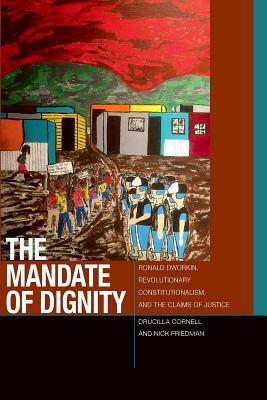
The Mandate of Dignity
Ronald Dworkin, Revolutionary Constitutionalism, and the Claims of Justice
2016

Fugitive Rousseau
Slavery, Primitivism, and Political Freedom
2014
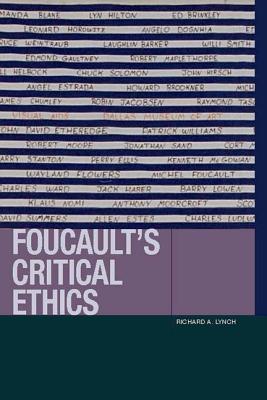
Foucault's Critical Ethics
2016
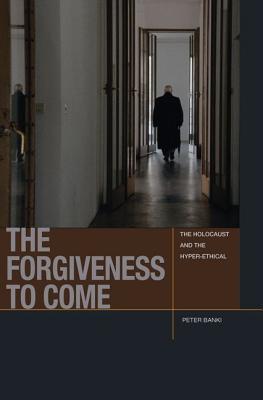
The Forgiveness to Come
The Holocaust and the Hyper-Ethical
2017
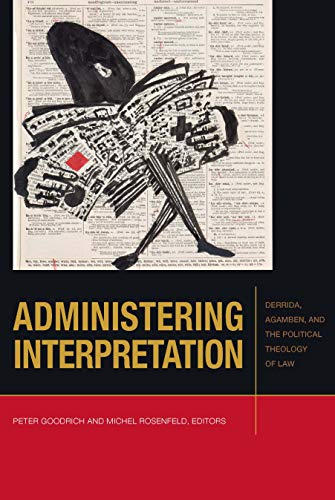
Administering Interpretation
Derrida, Agamben, and the Political Theology of Law
2019
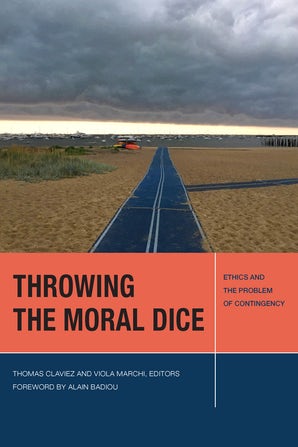
Throwing the Moral Dice
Ethics and the Problem of Contingency
2021
Authors

Michael Lawson Bishop is an award-winning American writer. Over four decades & thirty books, he has created a body of work that stands among the most admired in modern sf & fantasy literature. Bishop received a bachelor's from the Univ. of Georgia in 1967, going on to complete a master's in English. He taught English at the US Air Force Academy Preparatory School in Colorado Springs from 1968-72 & then at the Univ. of Georgia. He also taught a course in science fiction at the US Air Force Academy in 1971. He left teaching in 1974 to become a full-time writer. Bishop has been awarded the Nebula in 1981 for The Quickening (Best Novelette) & in 1982 for No Enemy But Time (Best Novel). He's also received four Locus Awards & his work has been nominated for numerous Hugos. He & British author Ian Watson collaborated on a novel set in the universe of one of Bishop’s earlier works. He's also written two mystery novels with Paul Di Filippo, under the joint pseudonym Philip Lawson. His work has been translated into over a dozen languages. Bishop has published more than 125 pieces of short fiction which have been gathered in seven collections. His stories have appeared in Playboy, Alfred Hitchcock's Mystery Magazine, Ellery Queen's Mystery Magazine, Isaac Asimov's Science Fiction Magazine, the Magazine of Fantasy & Science Fiction, the Missouri Review, the Indiana Review, the Chattahoochee Review, the Georgia Review, Omni & Interzone. In addition to fiction, Bishop has published poetry gathered in two collections & won the 1979 Rhysling Award for his poem For the Lady of a Physicist. He's also had essays & reviews published in the NY Times, the Washington Post, the Atlanta Journal-Constitution, the Columbus Ledger-Enquirer, Omni Magazine & the NY Review of Science Fiction. A collection of his nonfiction, A Reverie for Mister Ray, was issued in 2005 by PS Publishing. He's written introductions to books by Philip K. Dick, Theodore Sturgeon, James Tiptree, Jr., Pamela Sargent, Gardner Dozois, Lucius Shepard, Mary Shelley, Andy Duncan, Paul Di Filippo, Bruce Holland Rogers & Rhys Hughes. He's edited six anthologies, including the Locus Award-winning Light Years & Dark & A Cross of Centuries: 25 Imaginative Tales about the Christ, published by Thunder’s Mouth Press shortly before the company closed. In recent years, Bishop has returned to teaching & is writer-in-residence at LaGrange College located near his home in Pine Mountain, GA. He & his wife, Jeri, have a daughter & two grandchildren. His son, Christopher James Bishop, was one of the victims of the Virginia Tech massacre on 4/16/07.
